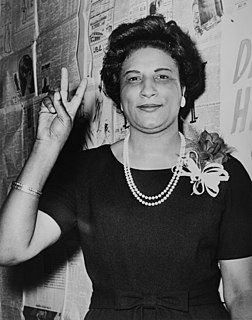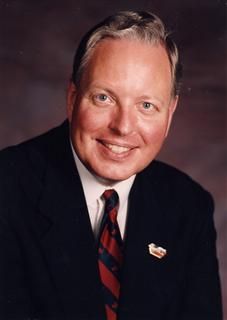A Quote by Ruth Bader Ginsburg
When I graduated from law school in 1959, there wasn't a single woman on any federal bench. It wouldn't be a realistic ambition for a woman to want to become a federal judge.
Related Quotes
This is a unique legal loophole in the U.S.: If a non-native comes on a reservation and commits any crime, the non-native should be prosecuted by a federal court. Tribal law can arrest and hold someone for a year, but tribal law cannot prosecute non-natives. So since the federal courts are so overloaded, some of the cases get tossed out.
There are people who oppose a federal Constitutional amendment because they think that the law of family should be made by the states. I can see a legitimate argument there. I think it's mistaken, however, because the federal government, through the decisions of life-tenured federal judges, has already taken over that area.































